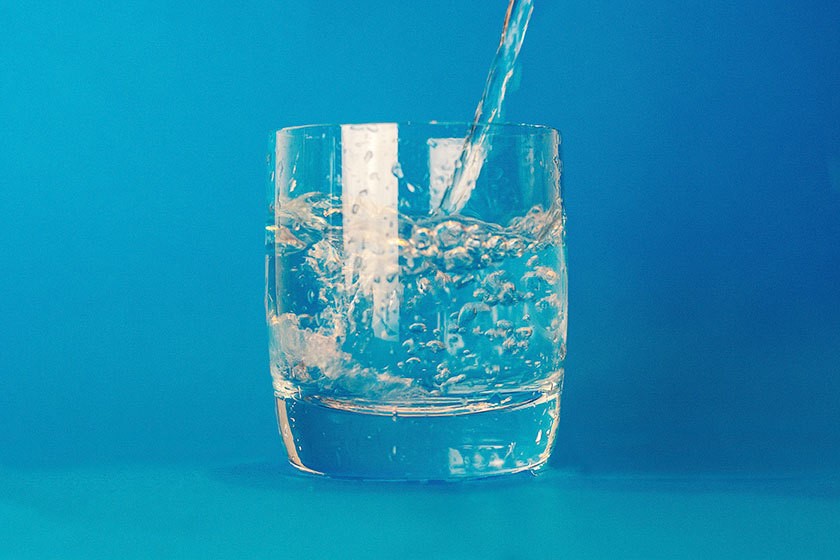Hydration and Its Importance to Our Health

Water is one of the most vital necessities in human life, as it comprises about 60 percent of the human body. It is involved in almost all body activities and processes, including maintenance of the body temperature and waste disposal. However, adequate intake of water is rarely observed among individuals, thus, developing a state of dehydration accompanied by the corresponding consequences. It is thus important to have a proper understanding of the importance of water and its contribution to the general health of the body.
Why Hydration is Important
1. Regulates body temperature
The human body uses water in processes related to sweating and in respiration, through which sweating assists in controlling body temperatures. Sweat is produced when the body becomes too hot, and this has the effect of evaporating from the skin and thus cooling the body. Proper hydration enables this process to occur with efficiency, eliminating risks for heat illnesses like heatstroke.
2. Helps in proper breakdown and absorption of foods and nutrients
Water helps in the digestion and absorption of foods in the body and also helps in elimination of waste. It enhances the process of digestion in the stomach and assists in the distribution of nutrients across the body. Intake of water also helps avoid constipation as it facilitates normal bowel movements since the digestive system is properly working.
3. Removes waste and toxins
Water is needed in the kidneys to flush out waste products in the body as well as dispose of them through urine. Thus, drinking adequate water assists in the proper working of the kidneys as well as in the prevention of the formation of kidney stones and urinary tract infections. Water also helps in the detoxification process through the production of sweat and respiration.
4. Keeps joint and muscle functioning
It also plays a role in the composition of synovium fluid, the fluid that forms a thin layer between bones in a joint to minimize friction and joint damage. It also plays a role in muscle contraction since water transports the electrolytes that are required in the process. Proper hydration can help reduce the occurrence of cramps and support muscular health in general.
5. Promotes Skin Health
Drinking adequate amounts of water enables the skin to retain its elasticity and be moist all the time. Eczema, for instance, can be prevented by ensuring that one takes an adequate amount of water to minimize dryness of the skin. Moreover, well-moistured skin has the ability to heal faster from injuries such as cuts and other related ailments.
Signs of Dehydration
Dehydration typically occurs when an individual or bodily system consumes more water than they excrete. If left untreated, it can cause different diseases and ailments to affect the person. Common signs of dehydration include:
● Thirst: It is the first and probably the most evident symptom of hydration level depletion. Thirst is an initial sign of the body’s need for more water.
● Dark Urine: The orange or deep yellow color of the urine may be a sign that one is dehydrated. A pale yellow or clear color of urine indicates that it is healthy and well-marked by good hydration.
● Dry Mouth and Skin: Thirst, dry throat, and dry lips are some of the indications that the body is dehydrated.
● Fatigue: Lack of enough water in the body can lead to fatigue as well as low energy levels.
● Dizziness and Confusion: The consequence of severe dehydration may include, but is not limited to, difficulty in concentration, dizziness, and confusion.
How Much Water A Body Needs
The amount of water that you require can therefore differ with factors such as age, weight, activity level, and climate. However, guidelines for average amounts indicate that men should consume 3.7 liters (13 cups) of total water intake per day, while women should consume about 2.7 liters (9 cups). This encompasses all the beverages and food products that contain water in them.
Tips for Staying Hydrated
- Carry a water bottle: Carrying a reusable water bottle with you during the day will help introduce the habit of drinking more water during the day. It is a great way of ascertaining that you are taking enough water in a day, especially if you are busy.
- Eat water-rich foods: Watermelon, cucumbers, oranges, and strawberries are some of the foods that have a wide water content, hence useful in the achievement of our daily water requirements.
- Set reminders: To ensure that you do not forget to take water, use the phone alert or download some hydration applications that can assist in reminding you at appropriate intervals.
- Monitor Your Urine: Monitor the frequency and color of your urine excretion. The color of urine should be light yellow or clear; if you have a darker urine color, it means you are dehydrated.
- Drink Before You’re Thirsty: Water should be consumed on a regular basis and not when you are already feeling thirsty. By the time we feel thirsty, we could be already in a state of moderate dehydration. Hydration is important; make sure to have a glass of water at least every couple of hours.
Conclusion
Water is very essential to the overall body heat, and it is considered to be crucial to human health. From controlling the body temperature to aiding in digestion and elimination, as well as in the lubrication of joints and the healthiness of the skin, water is required in the performance of almost every bodily function. It is pivotal to be aware of the signs of dehydration and establish new practices to meet the body’s water requirements in order to carry out its functions effectively. As you have read, practicing proper hydration can be one of the most effective strategies for improving your quality of life and avoiding countless diseases.


